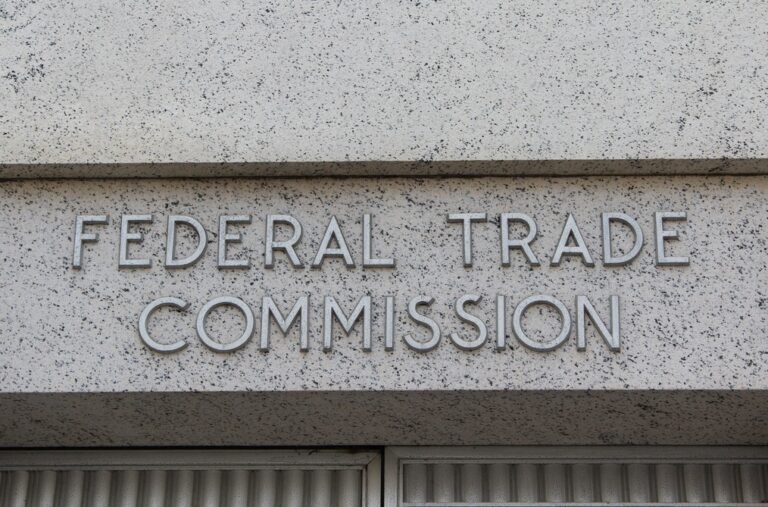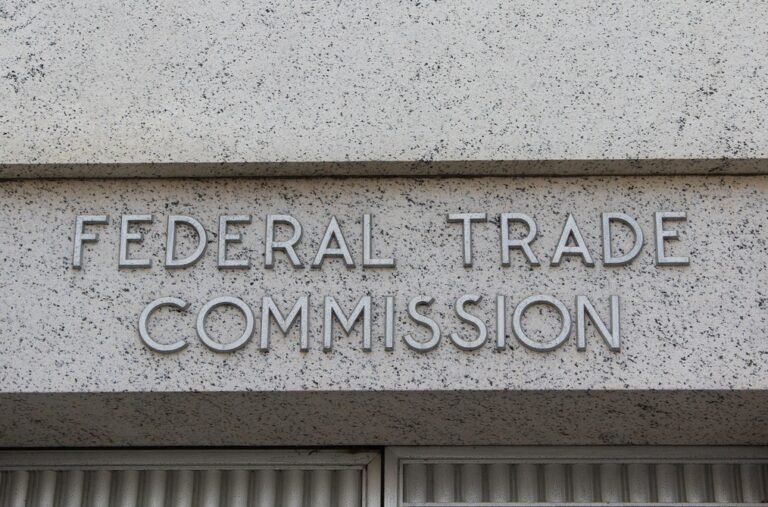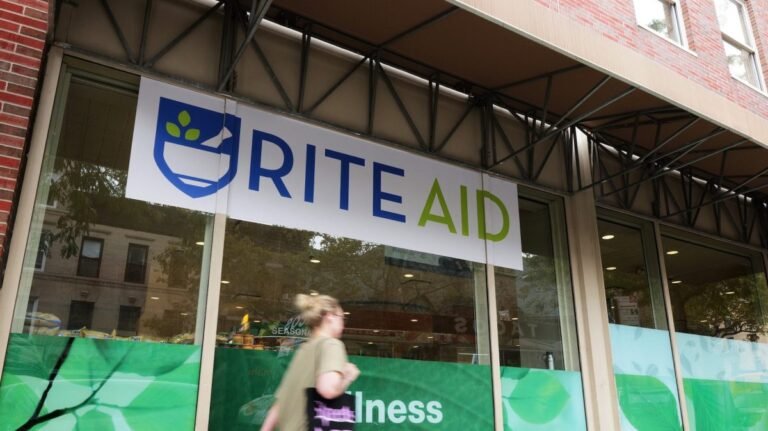
The U.S. Federal Trade Commission will examine the rise of AI technology across all fronts, said FTC Chair Lina Khan, speaking at TechCrunch’s StrictlyVC event in Washington, D.C., on Tuesday.
In fact, it’s already seeing an uptick in consumer complaint cases in some areas, like voice cloning fraud, Khan said.
Asked what areas of AI the FTC was watching, Khan explained that it was everything.
Of course, policing AI comes with its challenges, despite the number of technologists the FTC has hired to help in this area.
Another area of focus for the FTC is the focus on what openness really means in the AI context, Khan explained.

The U.S. Federal Trade Commission is focusing its efforts on going after Big Tech, according to FTC Chair Lina Khan, who spoke at TechCrunch’s Strictly VC event in Washington, D.C., on Tuesday.
Khan said the agency is focused on going after the players that are doing the biggest harm, as opposed to just increasing the number of cases that it brings forward.
“One thing that’s been important for me is to make sure that we’re actually looking at where we see the biggest harm,” Khan said.
The FTC and the Department of Justice have struck a deal to investigate Microsoft, Open AI and Nvidia over potential antitrust violations, according to The New York Times.
The types of cases that the FTC selects can act as a deterrent, she said, noting that the FTC is already seeing that happen.

The Federal Trade Commission (FTC) on Thursday said it will ban the antivirus giant Avast from selling consumers’ web browsing data to advertisers after Avast claimed its products would prevent its users from online tracking.
Avast also settled the federal regulator’s charges for $16.5 million, which the FTC said will provide redress for Avast’s users whose sensitive browsing data was improperly sold on to ad giants and data brokers.
But the FTC alleged that Avast sold consumers’ browsing data through its now-shuttered subsidiary, Jumpshot, to more than a hundred other companies, making Avast tens of millions of dollars in revenue.
The regulator said that the browsing data that Jumpshot sold revealed consumers’ religious beliefs, health concerns, political leanings, their location, and other sensitive information.
The reports found Jumpshot was also selling access to its users’ click data, including the specific web links that its users were clicking on.

The FTC is aiming to unravel the complex and secretive corporate relationships in the top AI companies out there in a new inquiry.
What are these companies but a proxy for the ambitions of the extant tech superpowers?
As companies race to develop and monetize AI, we must guard against tactics that foreclose this opportunity,” Khan continued in her statement.
The orders sent to the companies listed above compel them to share:Partnerships, investments, and the “strategic rationale” for themWhether these partnerships have “practical implications” such as when or how new products are releasedWhat do they talk about at meetings?
After all, why shouldn’t companies that have already spent billions pursuingIncidentally, today the FTC is hosting a summit on AI and its opportunities and dangers, in the sense of markets and startups.

The FTC is aiming to unravel the complex and secretive corporate relationships in the top AI companies out there in a new inquiry.
What are these companies but a proxy for the ambitions of the extant tech superpowers?
As companies race to develop and monetize AI, we must guard against tactics that foreclose this opportunity,” Khan continued in her statement.
The orders sent to the companies listed above compel them to share:Partnerships, investments, and the “strategic rationale” for themWhether these partnerships have “practical implications” such as when or how new products are releasedWhat do they talk about at meetings?
After all, why shouldn’t companies that have already spent billions pursuingIncidentally, today the FTC is hosting a summit on AI and its opportunities and dangers, in the sense of markets and startups.

The U.S. Federal Trade Commission has continued its crackdown on data brokers with a settlement banning data aggregation company InMarket from selling consumers’ precise location data.
Texas-based InMarket, which debuted as CheckPoints at TechCrunch Disrupt 2010, provides a marketing platform that collects sensitive consumer data — including location data, purchasing history, and demographic information — which brands and advertising agencies use to facilitate targeted advertising on mobile devices.
Based on the data that InMarket collects, brands can target shoppers who are likely to be low-income millennials or Christian churchgoers, according to the FTC.
In its proposed order unveiled Thursday, the FTC accused InMarket of failing to obtain users’ consent before using their location data for marketing and advertising purposes.
That order marked the first time the regulator struck a deal to prohibit a company from selling sensitive location data.

The U.S. Federal Trade Commission has banned the data broker X-Mode Social from sharing or selling users’ sensitive location data, the federal regulator said Tuesday.
The settlement will also require the data broker to delete or destroy all the location data it previously collected, along with any products produced from this data, unless the company obtains consumer consent or ensures the data has been de-identified.
X-Mode buys and sells access to the location data collected from ordinary phone apps.
While just one of many organizations in the multibillion-dollar data broker industry, X-Mode faced scrutiny for selling access to the commercial location data of Americans’ past movements to the U.S. government and military contractors.
Since its inception, X-Mode has imposed strict contractual terms on all data customers prohibiting them from associating its data with sensitive locations such as healthcare facilities.

The FTC has proposed tightening up the rules protecting kids from the surveillance economy.
The updated rules would require companies to get the OK from parents before sharing data with advertisers and prohibit holding onto data for nebulous “internal operations,” among other things.
“After the FTC announced it was considering revisions to the COPPA Rule, we received more than 175,000 comments,” the agency noted in a news release.
Better justification for “nudges,” like push notifications to get kids to open an app or stay online.
The FTC rules will have to stand for a while to come.

With the FTC’s increasing focus on the misuse of biometric surveillance, Rite Aid fell firmly in the government agency’s crosshairs.
And companies such as Clearview AI, meanwhile, have been hit with lawsuits and fines around the world for major data privacy breaches around facial recognition technology.
The FTC’s latest findings regarding Rite Aid also shines a light on inherent biases in AI systems.
Additionally, the FTC said that Rite Aid failed to test or measure the accuracy or their facial recognition system prior to, or after, deployment.
“The allegations relate to a facial recognition technology pilot program the Company deployed in a limited number of stores,” Rite Aid said in its statement.












